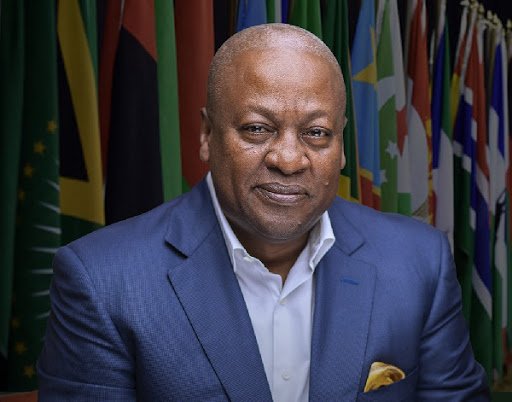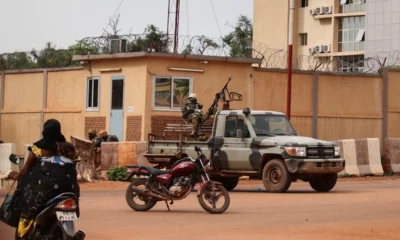President Nana Akufo-Addo has stated that an anti-LGBTQ bill that was voted on by Ghana’s parliament last week has not yet reached his desk.
Although the president maintained that Ghana would not renege on its human rights record in his initial remarks following the bill’s passage, he also mentioned that the bill had been challenged at the Supreme Court.
The country’s ministry of finance warned on Tuesday that if it became law, the measure might sabotage foreign aid for the West African nation.
“I have learned that, today, a challenge has been mounted at the Supreme Court,” Akufo-Addo said in a statement.
“In the circumstances, it would be as well for all of us to hold our hands and await the decision of the Court before any action is taken,” he added.
According to a document quoted by Reuters on Monday, the finance ministry stated that if the bill was passed, it may result in a loss of $3.8 billion in World Bank financing over the next five to six years, derailing a $3 billion IMF loan package.
The bill would become law only if President Akufo-Addo signed it. The measure that will tighten the crackdown on the rights of LGBTQ identities and those who support them was unanimously approved by lawmakers on February 28.
There are strict laws in place in a number of African nations that discriminate against individuals who identify as LGBTQ. Hakainde Hichilema, the president of Zambia, issued a warning to supporters of the LGBTQ movement last year, urging them to stop endorsing homosexuality and insisting that the nation “maintain laws that abhor alien orientations like gayism and lesbianism.”
Legislator Sam George of Ghana has also been outspokenly critical of the group; he recently criticised the US Vice President for her support of African acceptance of the LGBTQ community.
In 2006, South Africa became the first and remains the only African country to legalize same-sex marriage, with a constitution that also protects against discrimination based on sexual orientation. Others, like Angola, Mozambique, Botswana, Lesotho, Mauritius and Seychelles all have laws in favour of the community in Africa.
South Africa, which has a constitution that forbids discrimination based on sexual orientation, was the first and only African nation to legalise same-sex marriage in 2006. Others, such as the laws of Angola, Mozambique, Botswana, Lesotho, Mauritius, and the Seychelles, are favourable to the African community.

 VenturesNow1 day ago
VenturesNow1 day ago
 Musings From Abroad1 day ago
Musings From Abroad1 day ago
 Metro1 day ago
Metro1 day ago
 Metro7 hours ago
Metro7 hours ago


























